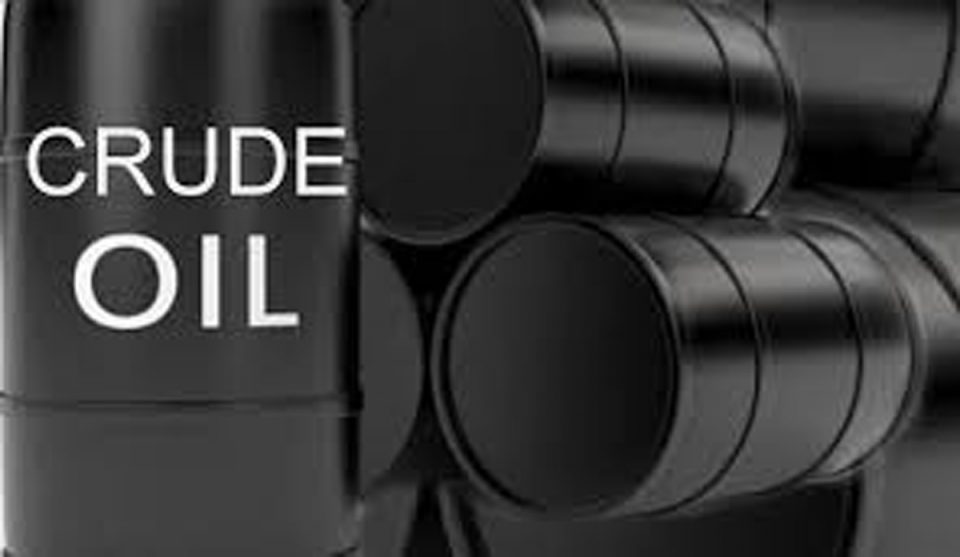Nigeria lost about 44.42 million barrels of crude between October 2020 and September this year, due to its inability to meet the production quota allocated to it by the Organisation of Petroleum Exporting Countries (OPEC), an analysis of data in the last one year has shown.
The OPEC data sub-themed: “Crude Oil Production in OPEC Member Countries: Deviation from Required Production Levels,” indicated that since 10th month of last year, the country’s capacity to fill its production vacuum has degenerated progressively from 30,000 barrels per day in October to 301,000bpd in August this year, culminating in 215,000 bpd as of September, 2021.
Nigeria’s deviation from actual required production levels which amounted to over a month of production wipe-out using about 1.5mbpd production limit, was, as indicated, 30,000bpd in October 2020; 47,000bpd in November of the same year and 103,000bpd in December.
The negative production figures continued in 2021, with 181,000bpd in January; 43,000bpd in February; 43,000bpd in March; 63,000bpd in April and continued to soar to 124,000bpd; 155,000bpd and 201,000bpd in May, June and July respectively, hitting its peak yet in August with a huge figure of 301,000bpd.
In addition, the number of Nigeria’s total offshore oil rigs remained unchanged in September as the country continued to struggle to meet the production quota, according to data from OPEC’s latest Monthly Oil Market Report (MOMR).
The total number of rigs stood at 11 in September as it was in August, but was about half of the country’s total oil assets in February 2020, just before the Covid-19 pandemic broke out, standing at 23.
From around May last year Nigeria began shutting down many of its offshore platforms as oil prices took a downward slope and the producers’ cartel embarked on production curbs to stabilise the market.
The country has been unable to meet its OPEC quota due to weakening infrastructure and difficulty in restarting oil facilities that were shut down due to the cut in production allocation assigned to the country at the time last year.
In the oil industry, the rig count is a major index of measuring activities in the upstream sector, with a breakdown showing that Nigeria utilised six, seven, and six rigs in January, February, and March 2021, respectively, against 21, 23, and 21 used in the corresponding period of 2020, when production was at about 2 million bpd.
Despite asking for a higher baseline, Nigeria has failed to meet the existing quota assigned to it by OPEC for the months as production growth in Africa’s highest oil producer, going by recent data, continued to prove a major challenge.
In addition to decreasing rig counts and highly degraded facilities due to old age and lack of investments, there have also been instances of community workers’ protests, which incessantly disrupt operations as well as force majeure, leading to severe losses.
The previous month, a document obtained by THISDAY showed that the NNPC and its partners lost a whopping 6.035 million barrels of crude oil to emergency shutdowns.
A month later, the losses increased to 7.193 million barrels, the highest in months, mostly as a result of shut-ins due to incessant repairs as well as , to a lesser extent, disruptions arising from community workers’ protests and fire incidents.
Last week, the new Chief Executive Officer of the Nigerian Upstream Regulatory Commission (NURC), Mr. Gbenga Komolafe, said his immediate priority was to raise the country’s crude oil production from September’s 1.4 million barrels per day to about 2.4 million bpd in the coming months.
When THISDAY enquired from the OPEC headquarters in Vienna, on why the request for a higher baseline for Nigeria had not been granted, the producers’ cartel maintained that no country, including Nigeria, which has under-performed in meeting its monthly oil quota allocation would have its baseline increased.
“The current supply adjustment, Nigeria has not met it. It is when it is exhausted that request for increase will arise,” a top OPEC source stated.
Minister of State Petroleum, Chief Timipre Sylva and the Group Managing Director of the Nigerian National Petroleum Corporation (NNPC) , Mallam Mele Kyari, recently projected that by the end of October or mid-November, things would return to normal. That is not likely, given the huge deficit production figures emanating from OPEC.
Kyari had said the compulsory closure of the wells as a result of COVID-19 was also affecting production, maintaining that it was difficult getting them back on-stream due to the complexity of operating the facilities.
In April last year, OPEC and its allies known as OPEC+ embarked on production cutbacks in a bid to rescue the global oil industry, which at some point hit the negative territory mainly due to the COVID-19 pandemic and the oil price war between Russia and Saudi Arabia.
The latest document detailing the activities of Nigeria in OPEC further revealed that because it’s not able to meet its production goal, Nigeria has consistently by implication, over-complied since October last year.




